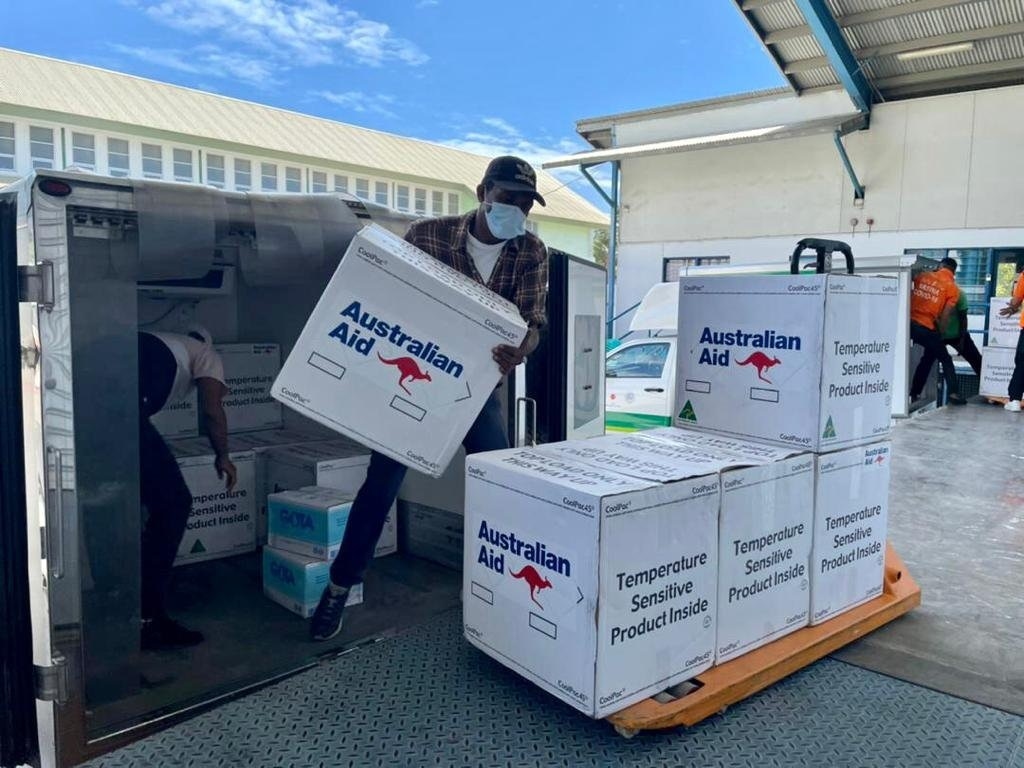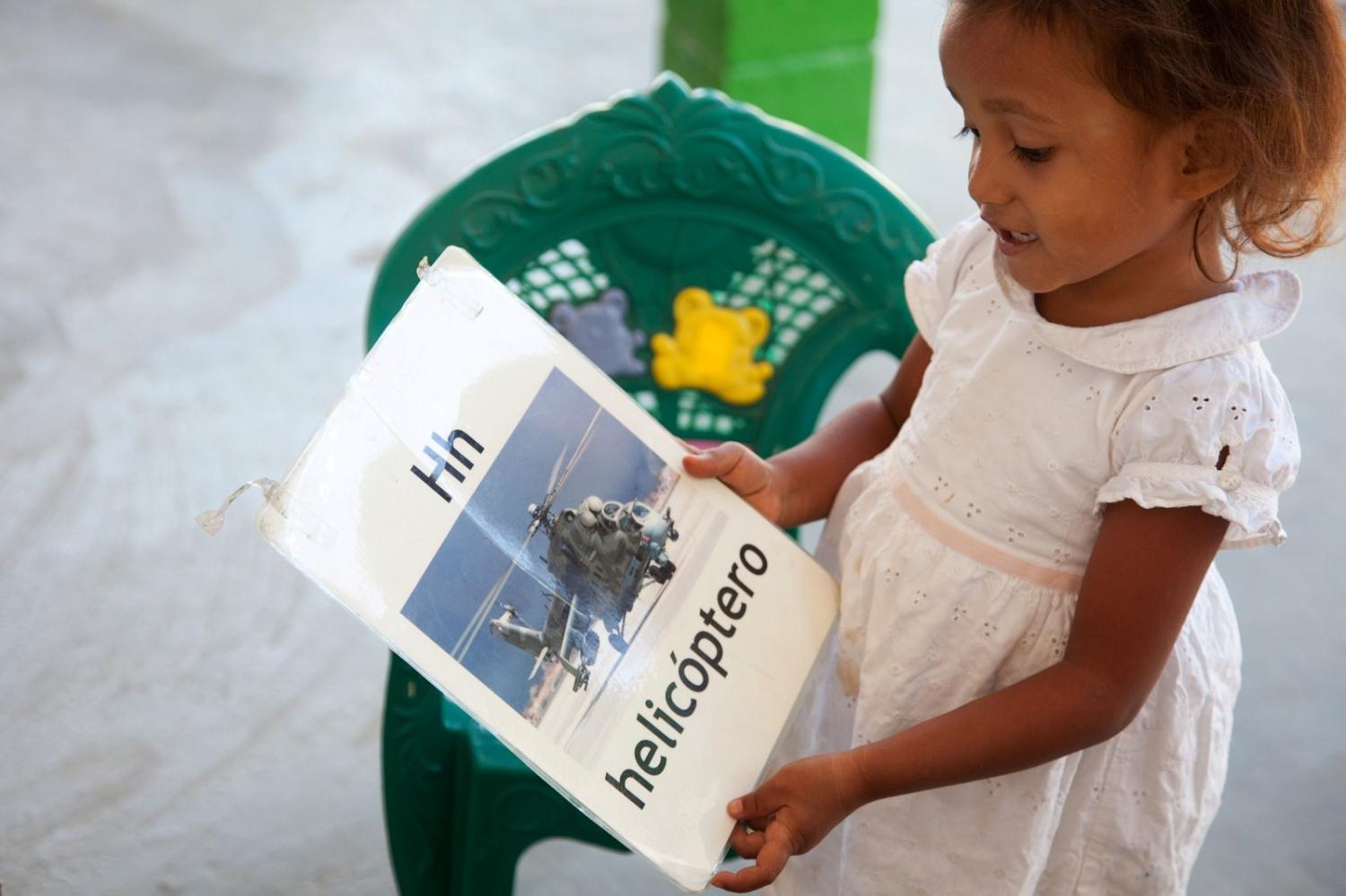With Timor-Leste’s new government sworn in – and Australian Foreign Minister Penny Wong having paid a visit this month – it’s a good time to look at Canberra’s role in supporting Dili to achieve its sustainable development goals. In terms of priorities, Australia needs to identify the areas where it can make the best contribution.
The scale of Timor-Leste’s needs cannot be overstated. Approximately two-thirds of the country’s 1.34 million people still live on less than US$2 per day, and while child mortality rates have improved, many children under five still die of preventable and treatable diseases. High birth rates, limited family planning and a bulging youth population place pressure on both government and a weak private sector to create meaningful jobs and maintain national stability.
A recent report by Asia-Pacific Development, Diplomacy and Defence Dialogue (AP4D) sets out a vision of a shared future with Timor-Leste in which Australia is an active and engaged partner in a mutually beneficial relationship. This means Australia leverages its experience and expertise to support local and national priorities, identifying where it can best contribute in terms of its comparative advantage.
So what are Timorese priorities? As part of the report, the Asia Foundation in Dili conducted focus group consultations with 24 civil society organisations from across Timor-Leste’s 14 municipalities. The Timorese consulted identified health and education as the priority areas that would benefit most from Australia’s support.

But as language poses a challenge in both these sectors, Australia will have to be thoughtful about how it makes its contribution. For historic reasons, Timor-Leste has a complex language mix with multiple mother tongues as well as Tetun, different generations schooled in Indonesian and Portuguese, and the influence of Spanish in the medical system.
In health, Australian support was very visible during the Covid-19 pandemic, with Australia becoming a critical partner in vaccine equity, systems strengthening and capacity building in the fight against the virus. However, language poses a challenge for Australia to introduce itself into medical education, with the large Cuban medical presence in Timor-Leste meaning that training has mostly been provided in Spanish for the past 15–20 years.
Given this, one option is to focus Australia’s efforts on infrastructure that supports health, where language is less of an issue. The Asia Foundation’s consultations revealed a high priority placed on water and sanitation infrastructure; an area perceived not to have received sufficient development investment. Other areas for potential cooperation on health include disability access to ensure full participation in society, including lessons from Australia’s National Disability Insurance Scheme.
In education, language also poses a challenge for Australia, given mandatory teaching of Portuguese in schools. In such a linguistically diverse country, language can be a controversial issue. However, English and Indonesian are designated “working languages” by the Timor-Leste government, recognising their regional importance.
As such, Australia should see a specific role for itself in English language education as the language of trade, aviation and seafaring and as the dominant diplomatic tongue – which is especially important as Timor-Leste moves towards becoming a member of the Association of Southeast Asian Nations (ASEAN).
There is a clear interest from Timorese to improve English education in order to enhance the country’s opportunities, both through the upskilling of current elites and the development of the next generation. Lack of English has been shown to hinder Timorese in making the most of Australia Awards opportunities and networks.
Completion of a new submarine data cable link between the two countries will drive demand for English language materials and provide opportunities for informal education through online courses.
Of course, language learning should be considered a two-way street, and Australians working in Timor-Leste should be encouraged and supported to learn Portuguese and Tetum as a sign that Australia highly values the relationship with Timor-Leste. In the law enforcement space, for example, Australian-supported training and capacity-building programs are conducted in English, meaning they are not as effective as they could be for non-native speakers.
Beyond language education, there is scope for Australia to partner with Timor-Leste to support the country’s media ecosystem. Traditionally, Australia took a strong role in this space through international broadcasting, with the Australia Network reaching a wide range of society, including those in early education. Australia can support local media to provide content that informs and educates through the ABC’s broadcast and digital content sharing.
As with any development environment, identifying issues and binding constraints is important. Australia needs to be conscious that no partner can solve every problem and thus needs to be selective, focusing on what it can do well within its own resource constraints. In contributing to the infrastructure that supports health, such as water and sanitation, and to English language education, Australia can be an effective partner in advancing human capital in Timor-Leste.

